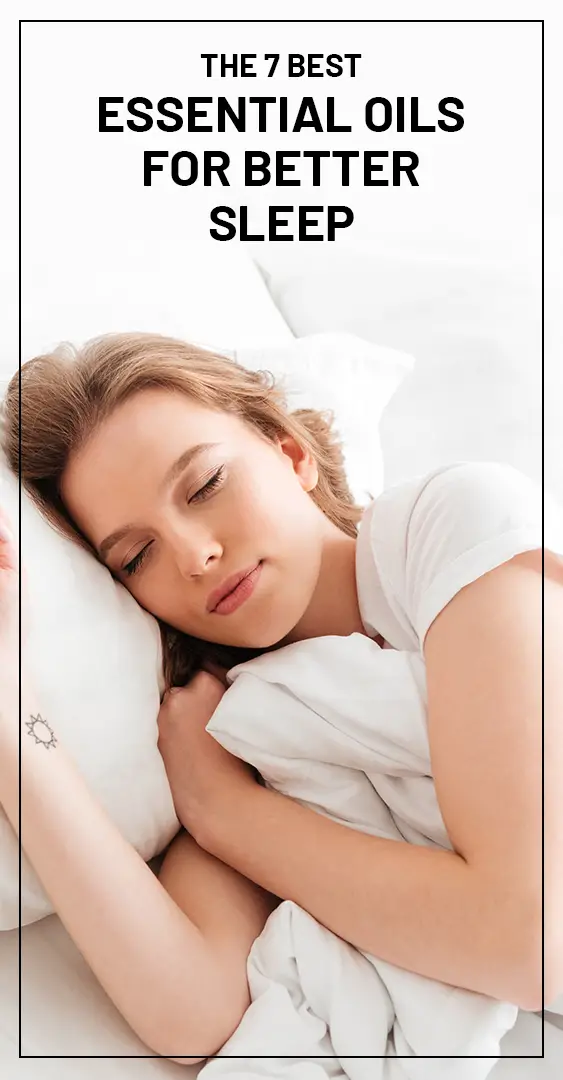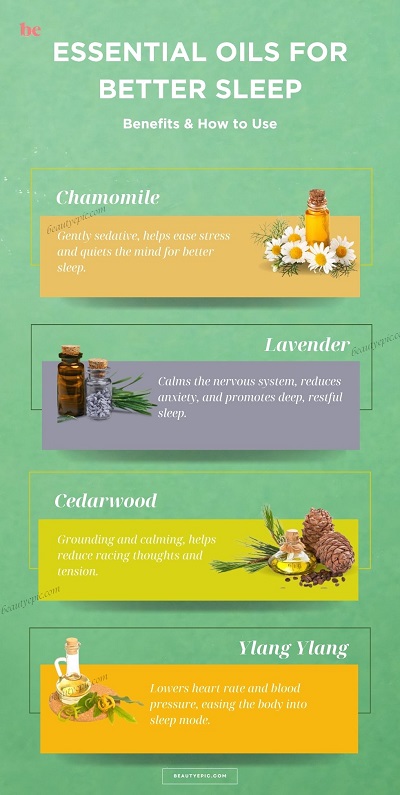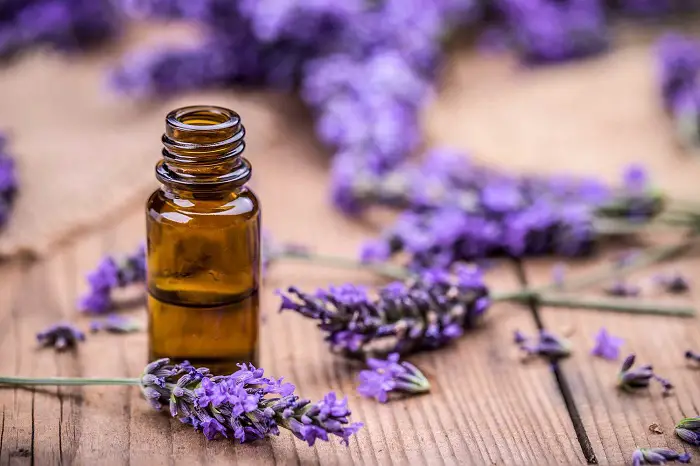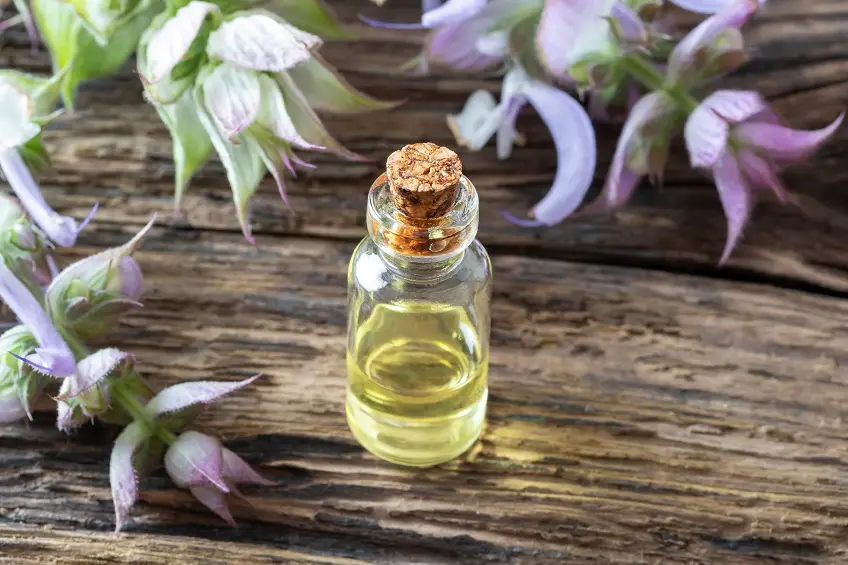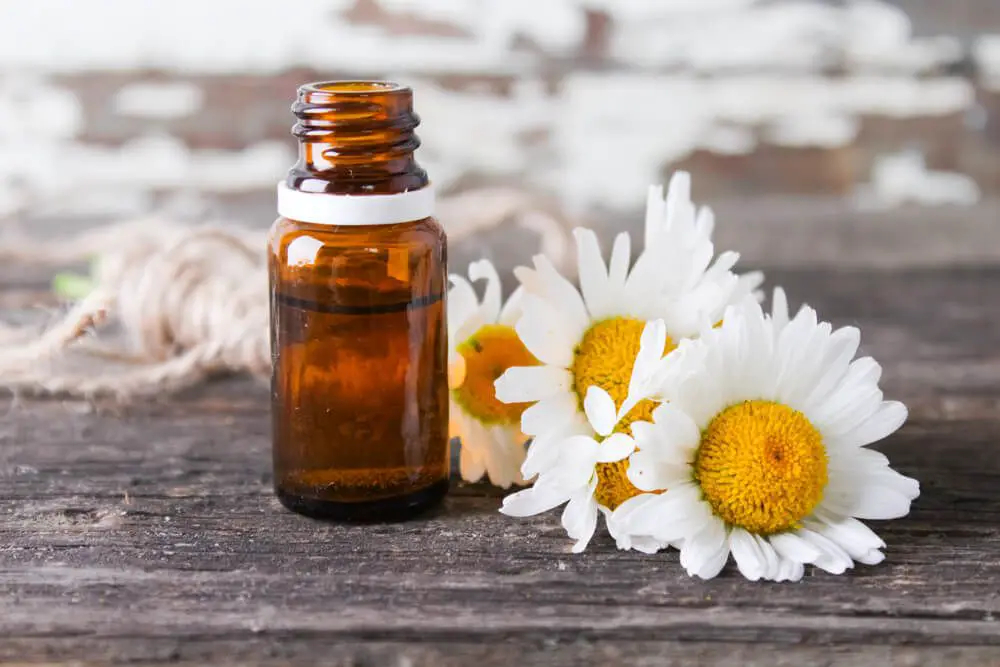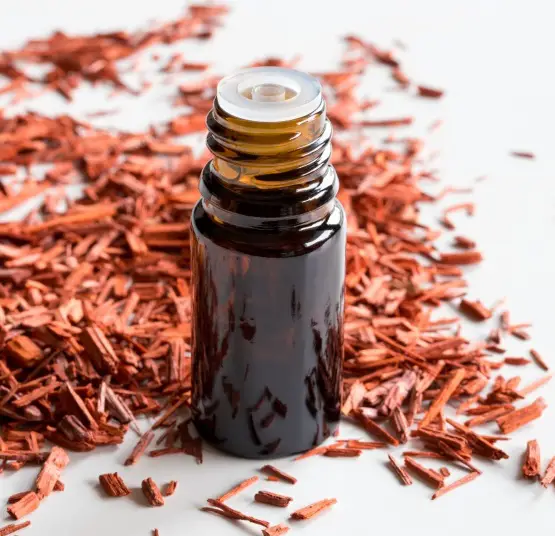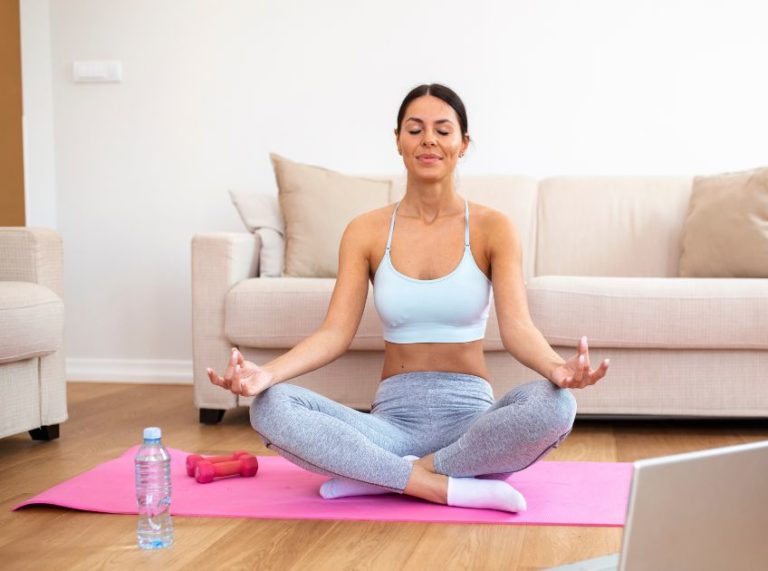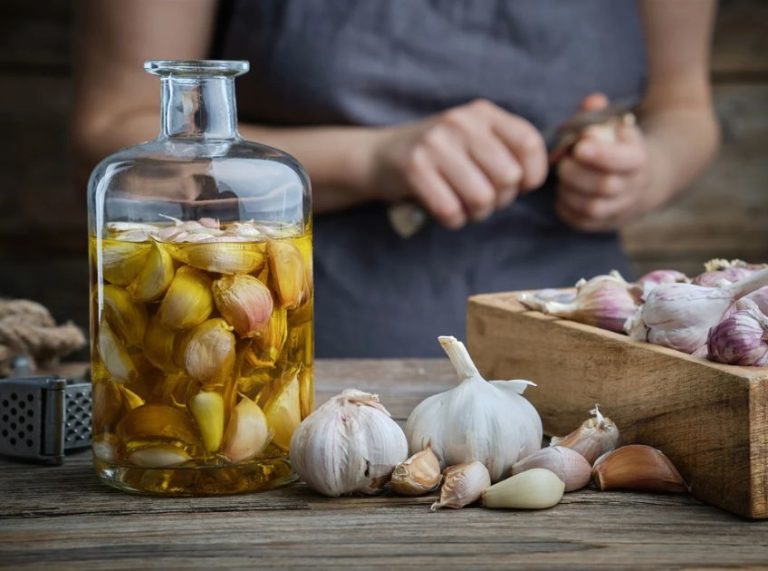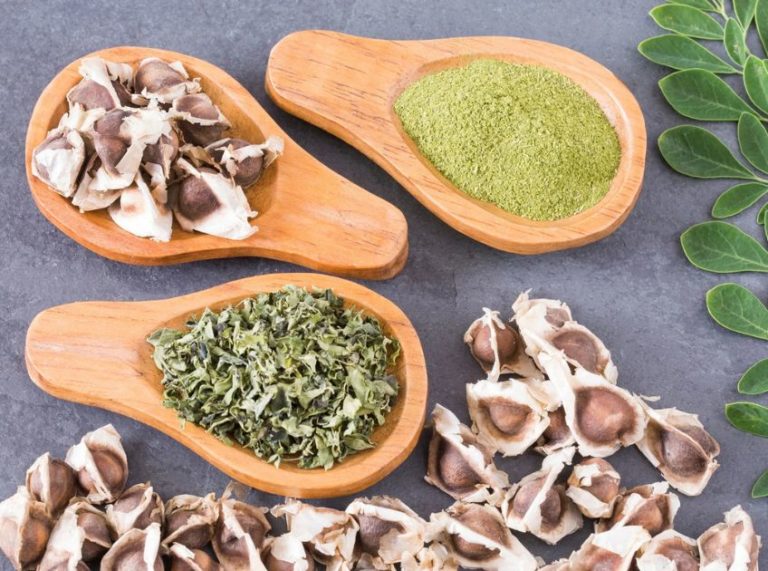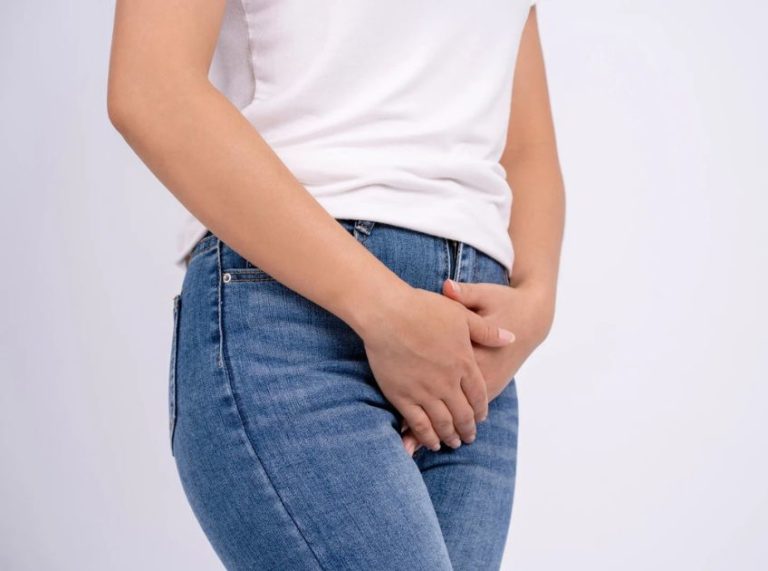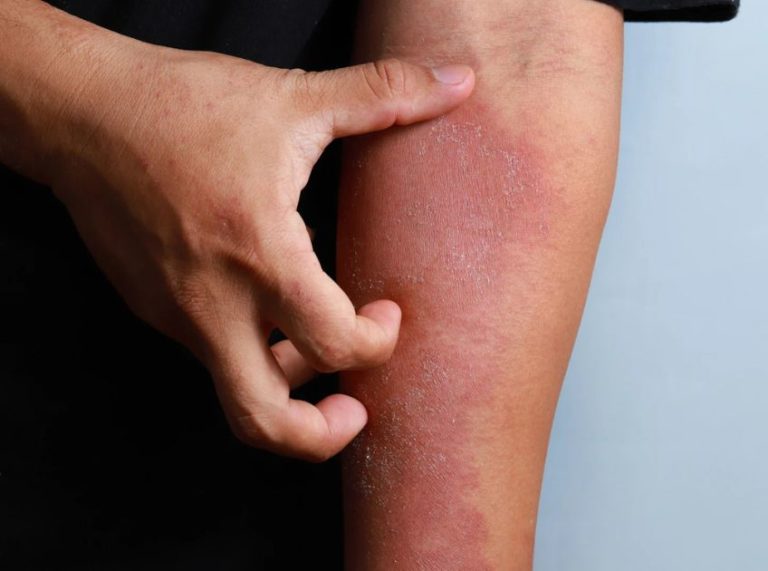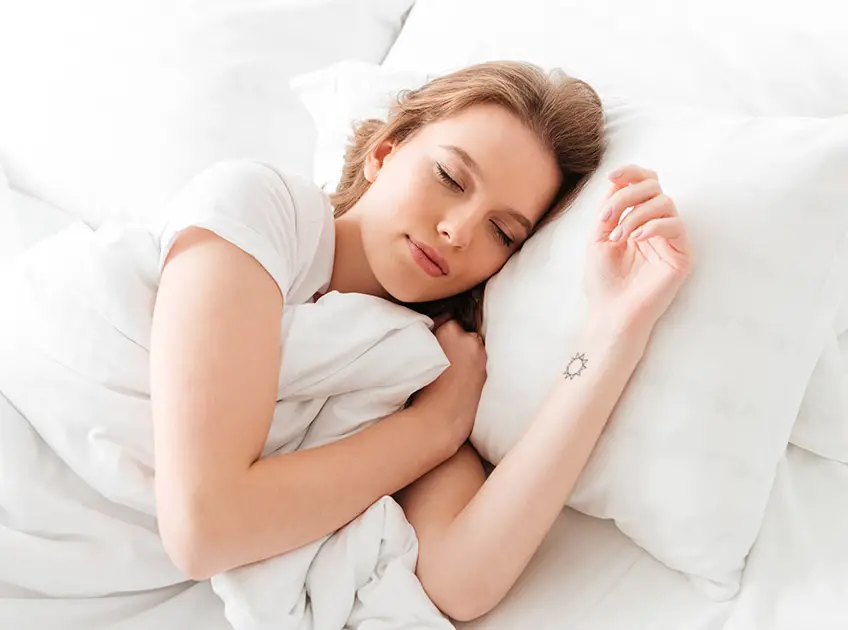
Important: This article is for informational purposes only. Please read our full disclaimer for more details.
Unable to sleep? You’re not alone. Millions of people in the world struggle with sleep problems, and many turn to essential oils for help. There are a variety of essential oils that can be used to promote sleep, including lavender, chamomile, and ylang-ylang. These oils can be inhaled directly from the bottle or diffused in a diffuser. Some people also like to add a few drops of essential oil to their pillow or bathtub.
How Do Essential oils Work?
Essential oils are thought to work by interacting with the body’s limbic system, which is the part of the brain that controls emotions and memory. Inhaling or absorbing essential oils through the skin can trigger positive changes in the body, including relaxation and improved sleep.
How to Use Essential oils for Sleep?
There are a few different ways you can use essential oils to promote sleep.
- Diffuse: Add a few drops of oil to a diffuser and run it for 30 minutes before bedtime.
- Inhale: Place a drop or two of oil on your pillow or in your hand, then take slow, deep breaths through your nose.
- Massage: Mix a few drops of oil with a carrier oil such as jojoba oil or coconut oil and massage into your skin.
- Bath: Add a few drops of oil to your bathtub before getting in.
- Pillow Spray: Mix a few drops of oil with water in a small spray bottle and spritz on your pillow before bedtime.
7 Best Essential oils for Sleep
If you’re new to using essential oils, start with a small amount and increase gradually as needed. Be sure to use only pure, therapeutic-grade oils and follow all safety precautions. There are a variety of essential oils that can be used to promote sleep, they are as following.
1. Lavender Oil
Lavender oil is one of the most popular and well-known essential oils for sleep. It has a calming, relaxing aroma that can help to ease anxiety and promote restful sleep. Lavender oil calms the nervous system and promote good sleep.
[ Recommended: 12 Simple Ways to Fall Asleep Fast ]
2. Clary Sage Oil
Clary sage oil is another essential oil that has been shown to be beneficial for sleep. This oil has a calming, relaxing effect on the body and can help to ease anxiety and promote restful sleep by maintaining blood pressure. Clary sage oil also helps to balance hormones, which can be helpful for Women going through menopause.
3. Bergamot Essential oil
Bergamot oil is a citrusy oil with a sweet, floral aroma. Bergamot oil has been shown to reduce anxiety and promote relaxation. This oil can lower blood pressure and also improve mental health by reducing stress hormones. Bergamot oil is also helpful in easing muscle tension and promoting good sleep.
4. Chamomile oil
Chamomile oil is an essential oil that has been used for centuries to promote relaxation and sleep. Chamomile oil has a sweet, floral aroma that can help to ease anxiety and promote restful sleep. Chamomile oil is also helpful in relieving muscle tension and promoting good digestion. Drinking chamomile tea can also be helpful in promoting sleep.
5. Cedarwood oil
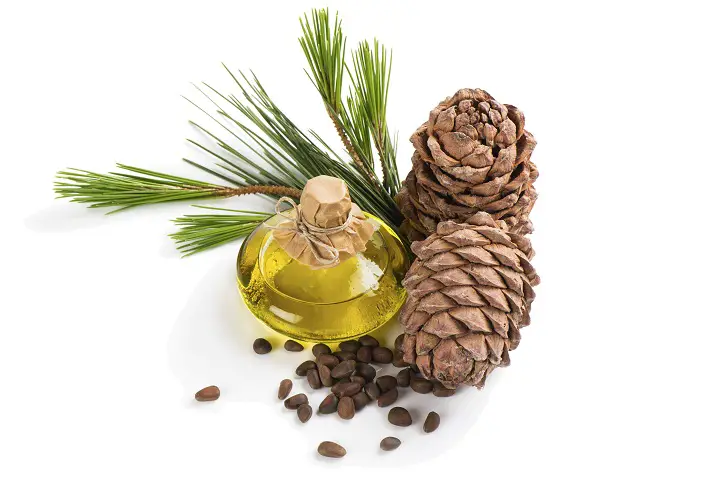
Cedarwood oil is an essential oil that has a woody, earthy aroma. Cedarwood oil has been shown to be helpful in reducing anxiety and promoting relaxation. This oil has some sedative properties that can be helpful in promoting sleep.
6. Sandalwood oil
Sandalwood oil is an essential oil that has a woody, sweet aroma. Sandalwood oil has been shown to be helpful in reducing anxiety and stress. This oil has some sedative properties that can be helpful in promoting sleep. This oils helps to calm you down and improves mood and focus.
7. Marjoram oil
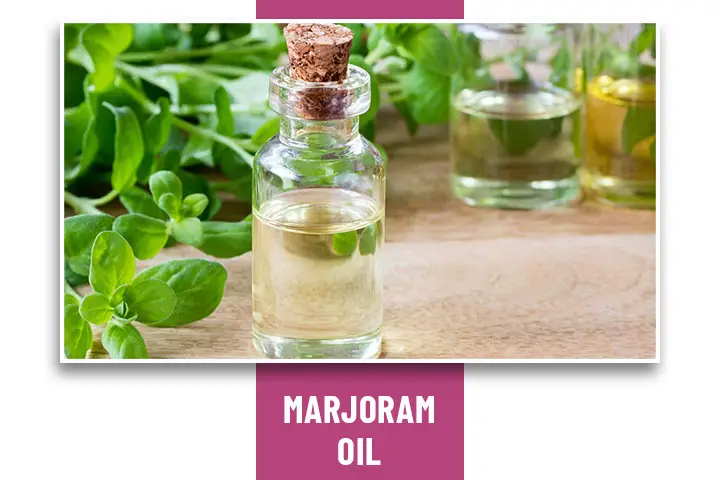
Marjoram oil is an essential oil that has a sweet, herbaceous aroma. Marjoram oil has been shown to be helpful in reducing stress and depression. This oil also has sedative properties that can be helpful in promoting digestion. Marjoram oil can also help to ease muscle tension and promote good quality sleep.
What are The Risks of Using Essential oils?
Essential oils are generally safe when used as directed. However, there are some potential risks to be aware of.
- If you have any underlying medical conditions, are pregnant or breastfeeding, it’s important to speak with a healthcare professional before using essential oils.
- Essential oils should never be ingested unless under the supervision of a qualified healthcare professional.
- Essential oils should be diluted before use and never applied directly to the skin.
- If you experience any irritation or other adverse reaction after using an essential oil, discontinue use immediately and speak with a healthcare professional if necessary.
- Keep essential oils out of reach of children and pets.
- Do not use essential oils near an open flame.
When using essential oils, always follow the manufacturer’s instructions and take precautions to avoid any potential risks.
Essential oils can be a helpful way to promote relaxation and sleep. However, it’s important to speak with a healthcare professional before using essential oils, especially if you have any underlying medical conditions. Essential oils should be diluted before use and never ingested unless under the supervision of a qualified healthcare professional. If you experience any adverse reaction after using an essential oil, discontinue use immediately and speak with a healthcare professional if necessary.
Recommended Topics:
- 8 Best Essential Oils for Anxiety – Benefits & How to Use?
- Essential Oils for Anxiety and Depression: Benefits and How to Use
- How is Valerian Root Used for Anxiety?
- Does Chamomile Tea Make You Sleep? What You Need to Know Before Your Next Cup
- Benefits of Sleeping on The Floor – 5 Reasons to Sleep On The Floor
- Chamomile Tea for Sleep – How to Take & Prepare for Perfect Night’s Sleep
- Is It Possible to Sneeze in Your Sleep?
- 11 Surprising Lack of Sleep Side Effects You Must Know
- 10 Reasons You’re Not Sleeping Well At Night
- How to Sleep Better: 8 Simple Ways to Getting a Good Night’s Sleep
- What Happens If You Sleep Less Than 7 Hours a Day?
- Sleeping with Pillow Between Your Legs: 5 Benefits, How to Do It
- What Happens to Your Body When You Sleep on Your Left Side
- How to Take Valerian for Sleep?
- 10 Foods That Are High in Melatonin
- How to Remove Tan from Skin Using Lemon Juice?
- How To Improve Your Hair Texture Naturally?
